AI: Overhyped Fantasy Or Truly The Next Industrial Revolution?
27 August 2024
The term “fourth industrial revolution” has been used in recent years to describe the transformative impact that many believe AI and automation will have on human society.
The theory goes that previous industrial revolutions have occurred when hugely disruptive technologies were introduced and swiftly adopted, leading to widespread changes in the way we live and work.
They include mechanization in the 18th century, electrification in the 19th century and digitization in the 20th century. Now, the advent of AI and intelligent automation has kickstarted the next industrial revolution. It promises the most dramatic changes yet as electronic brains capable of operating far more quickly than our own supercharge our productivity, creativity and capability across every field of human endeavor.
At least, that’s what we’re told.
Although I believe AI certainly has the potential to be revolutionary, it can’t be denied that there’s a lot of hype around it. And much of that hype is created by multinational businesses that have staked their future on their ability to sell it to us.
So, will it really be on par with the other great industrial revolutions of the past? Or is this talk of the fourth industrial revolution just hot air from marketers talking up the share price of hugely powerful global corporations? Let’s take a look.
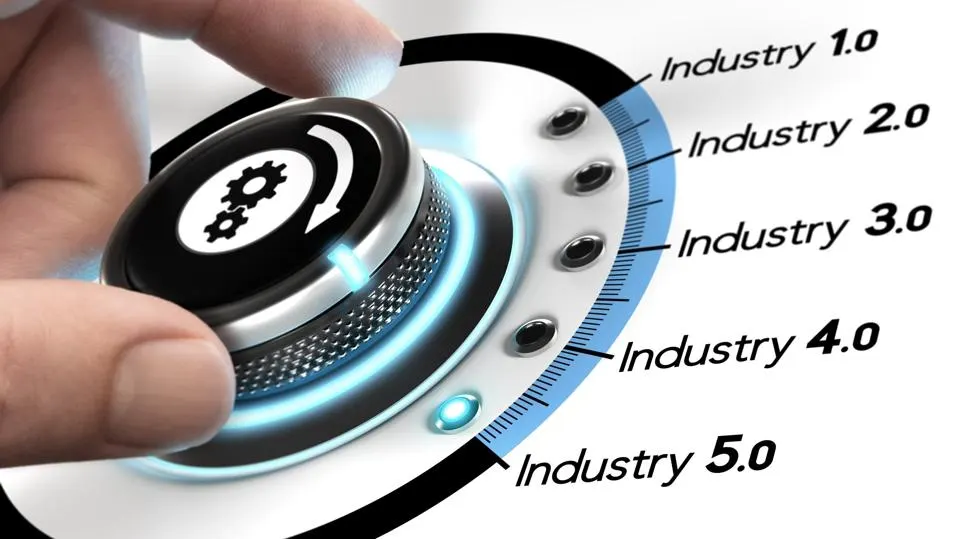
The Fourth Revolution?
When future historians look back at this period in time, will they recognize the adoption of AI into business, society and everyday life as being as transformative as mechanization, electrification or digitization?
Well, there will certainly be some similarities.
For one, many jobs will be changed. Just as mechanization and electrification reduced our need for many occupations centered around manual labor, intelligent automation will reduce our reliance on human workers for many routine information-based tasks. Data entry, technical support or call center workers could find that much of their work will be automated, just like those who gathered crops or operated looms did in the past.
Another similarity can be seen in the opportunities to not just automate existing work but create entirely new products and services. Mechanized manufacturing allowed for mass production of many new goods and products, and digitization and the internet led to the emergence of the digital economy. AI promises to bring us self-driving cars, predictive maintenance, personalized medicine, and many other innovations.
Further reinforcing the idea that we are living through a fourth industrial revolution are the widespread ethical and societal implications of this breakthrough technology.
Mechanization was behind the emergence of many of the ideas we have today around workers’ rights. Digitization saw the first questions asked about privacy and security as it became possible for personal information to be collected, stored and transmitted electronically for the first time.
Now, the potential for AI to be misused, including the dangers of data bias, mass surveillance or the construction of autonomous weapons, creates yet more parallels.
So, it doesn’t seem unreasonable to conclude that we could be on the brink of a truly revolutionary moment in history, equal to other industrial revolutions.
Not everyone agrees, though. Let’s take a look at some of their reasons for being skeptical.
Revolution Or Evolution?
Critics of the fourth revolution theory point out that, in many ways, the development of AI and automation is really just an evolution and convergence of previous breakthrough technologies.
AI is, after all, built around digital technology and has fundamentally become possible due to the huge increases in available computing power and the widespread digitization of data prompted by the third industrial revolution.
There’s also the fact that in its current state, most AI applications are highly specialized, only capable of carrying out a narrow range of tasks. This is in contrast to breakthroughs such as the steam engine, electricity and computing, which immediately had wide applications throughout industry and society.
It can be argued that recent developments in AI, such as the large language models (LLMs) powering tools like ChatGPT, which are technically capable of many different language-related tasks, represent steps towards broader AI that can be applied to many tasks. But true, general AI is still considered to be a future goal.
Another factor that can’t be overlooked is the environmental impact. The mechanical revolution – fueled by oil and coal – clearly had a substantial impact on the natural world. However, our understanding of the damage being done at the time was severely limited compared to now.
The energy inefficiency and carbon output created by AI data centers, on the other hand, can easily be quantified today. And the results are certainly a cause for concern. While progress has been made to transition to clean energy sources and achieve net zero emission targets, it remains to be seen whether this will be an obstacle that will prevent AI from becoming truly revolutionary.
The Path Of Progress
Despite these challenges, my personal belief is that AI has the potential to change the world as dramatically as the groundbreaking technologies that sparked previous industrial revolutions.
Whether or not it lives up to that potential, however, depends on how we manage the many ethical, societal and technological challenges that it brings to the table.
Remember that the changes brought about by mechanization, electrification and digitization didn’t happen overnight. Decades passed between the discoveries of Franklin and Faraday and the integration of electricity into everyday life by the likes of Edison and Tesla. The same was true of the transition of Babbage and Turing’s early “counting machines” into the machines marketed by IBM and Apple in the late twentieth century.
Eventually, however, as barriers are broken and challenges are solved, I believe we will come to see the emergence of AI as a pivotal technological breakthrough in line with previous industrial revolutions.
Some - like Google CEO Sundar Pichai – believe it may be even more significant – he famously said it will be even more transformational than fire.
So, while there’s certainly a great deal of hype around the topic of the fourth industrial revolution and the changes it will bring, I think it would be foolish to simply dismiss it as hot air. The AI revolution is only just getting underway, and in the coming years, we’re likely to see it change our world in some pretty amazing ways.
Related Articles
20 Generative AI Tools For Creating Synthetic Data
The AI revolution that we’re currently living through is a direct result of the explosion in the amount of data that’s available to be mined and analyzed for insights.[...]
How To Tell Reality From Fiction Amid The AI-Driven Truth Crisis
The artificial intelligence narrative swings between utopian dreams and dystopian nightmares, often overshadowing the nuanced reality of its current capabilities and limitations.[...]
7 Ways To Turn The ‘Bring Your Own AI’ Threat Into An Opportunity
As AI tools become increasingly accessible, companies face a new trend: BYOAI, or bring your own AI.[...]
AI Gone Wild: How Grok-2 Is Pushing The Boundaries Of Ethics And Innovation
As AI continues to evolve at breakneck speed, Elon Musk's latest creation, Grok-2, is making waves in the tech world.[...]
Apple’s New AI Revolution: Why ‘Apple Intelligence’ Could Change Everything
Apple's announcement of 'Apple Intelligence' marks a seismic shift in how we interact with our devices.[...]
Why AI Models Are Collapsing And What It Means For The Future Of Technology
Artificial intelligence has revolutionized everything from customer service to content creation, giving us tools like ChatGPT and Google Gemini, which can generate human-like text or images with remarkable accuracy.[...]
Sign up to Stay in Touch!
Bernard Marr is a world-renowned futurist, influencer and thought leader in the fields of business and technology, with a passion for using technology for the good of humanity.
He is a best-selling author of over 20 books, writes a regular column for Forbes and advises and coaches many of the world’s best-known organisations.
He has a combined following of 4 million people across his social media channels and newsletters and was ranked by LinkedIn as one of the top 5 business influencers in the world.
Bernard’s latest book is ‘Generative AI in Practice’.




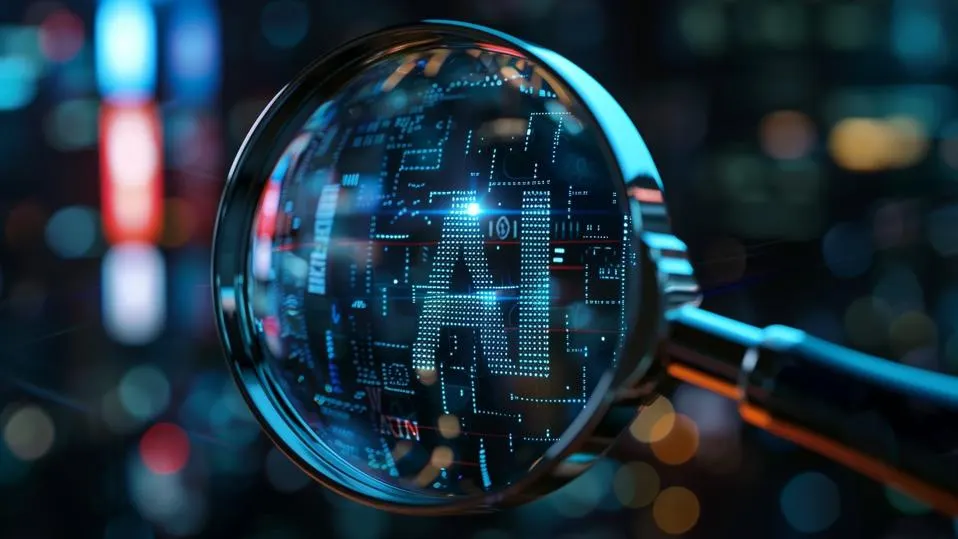
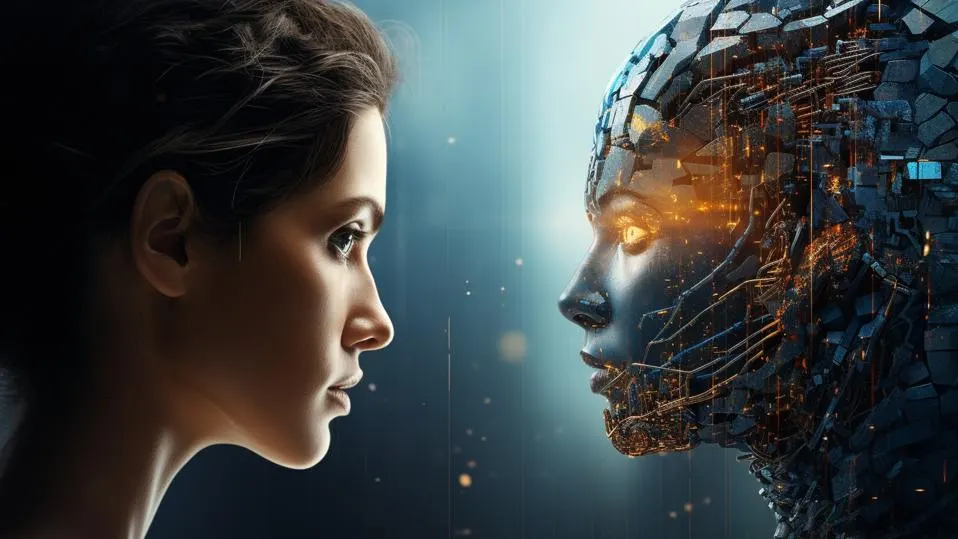
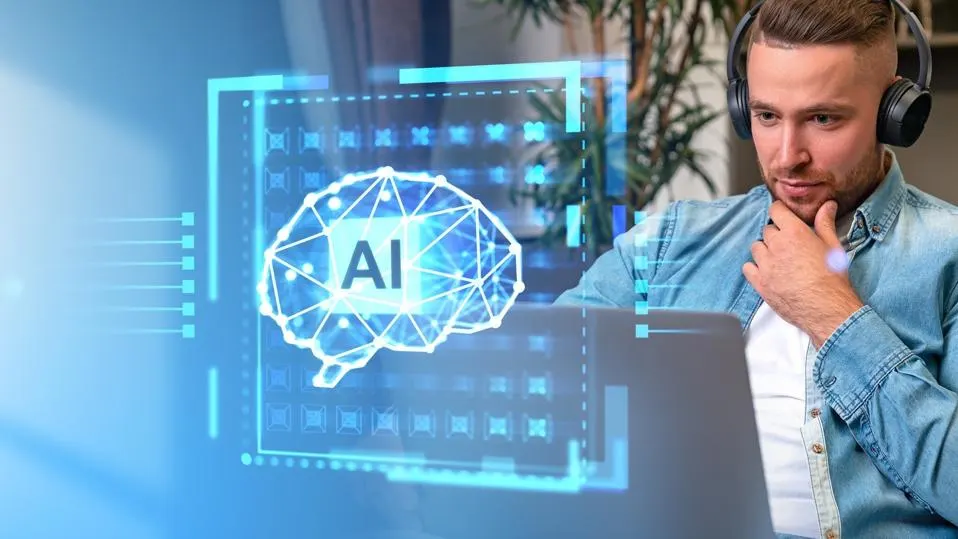

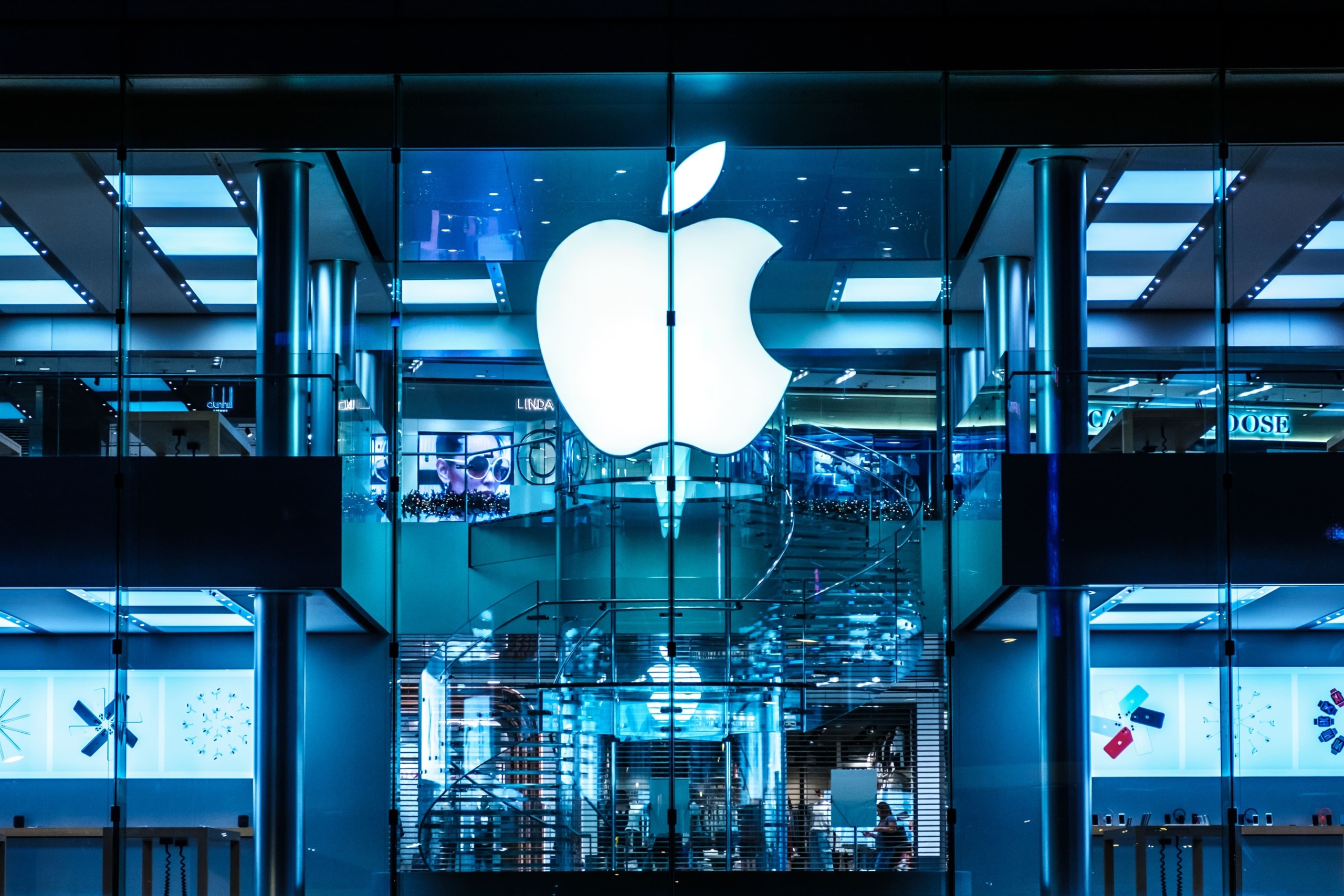
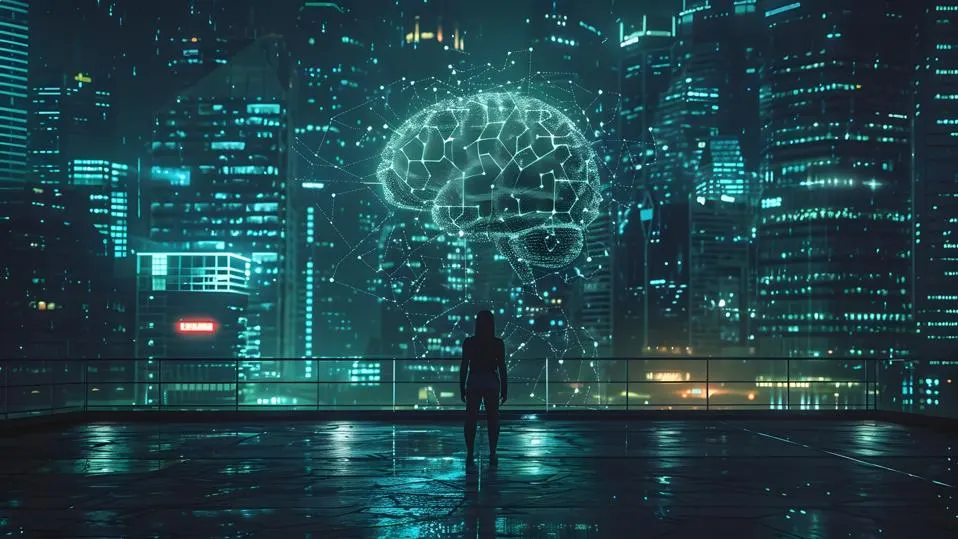
Social Media